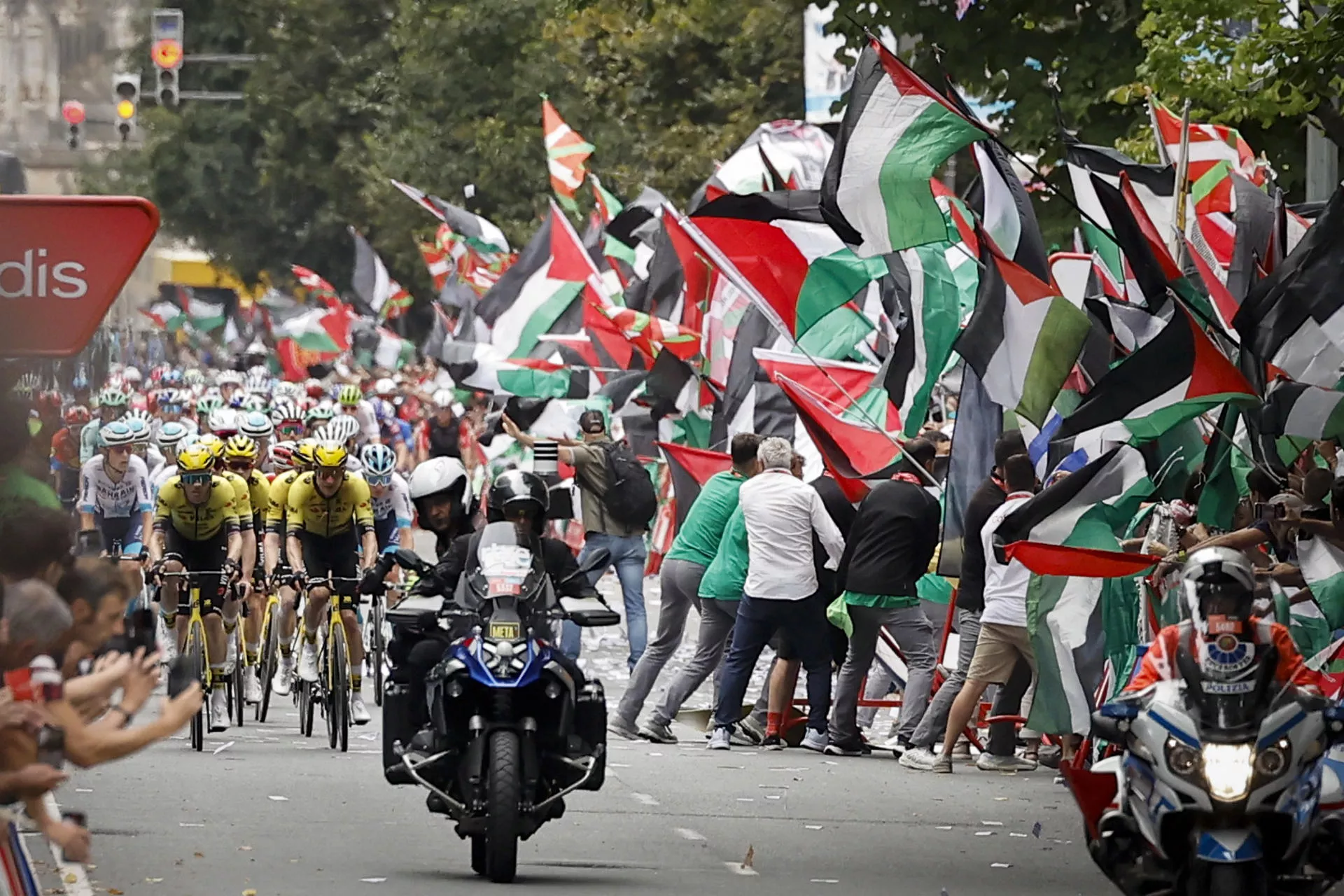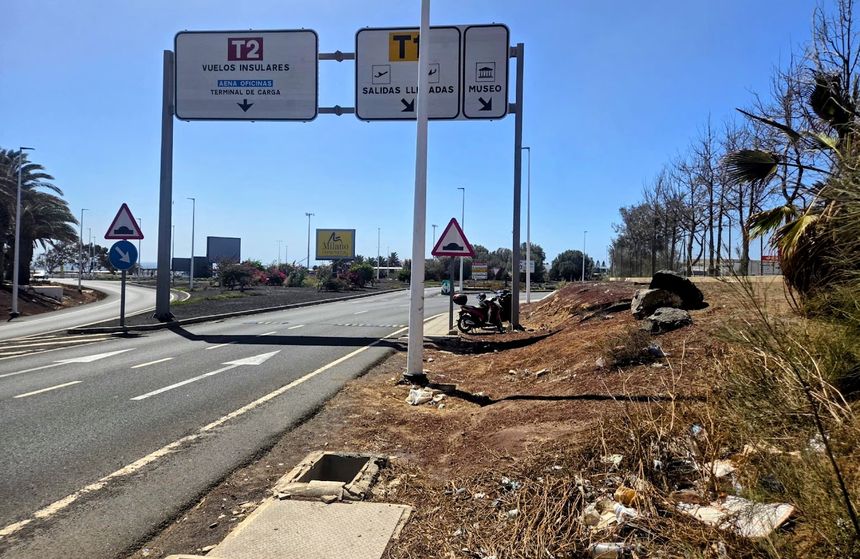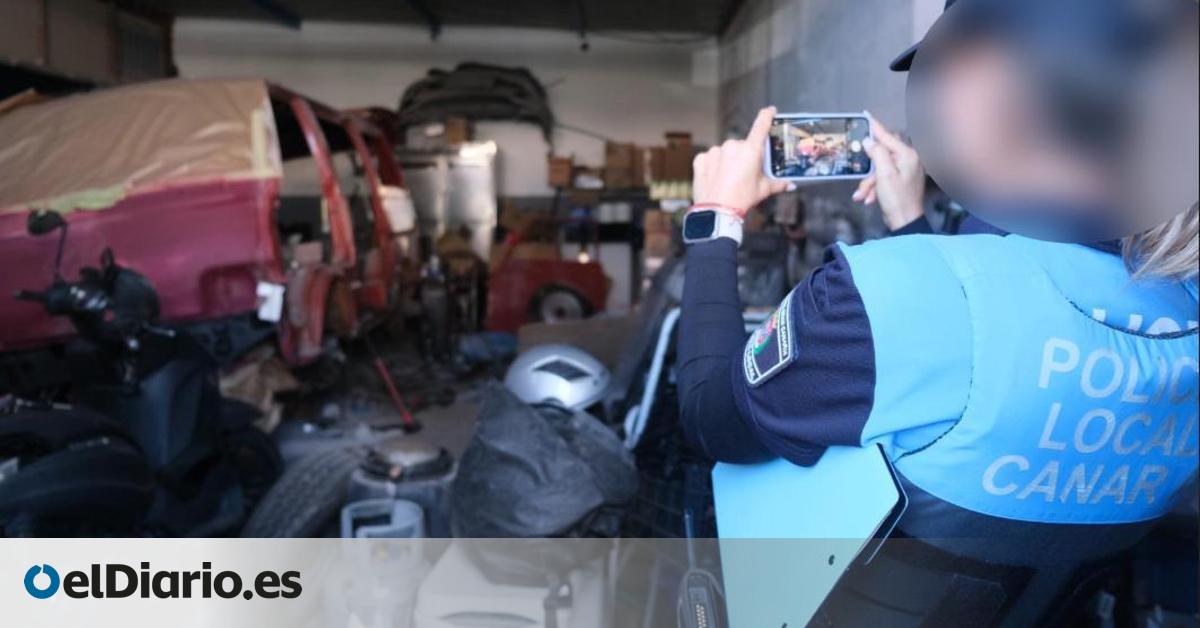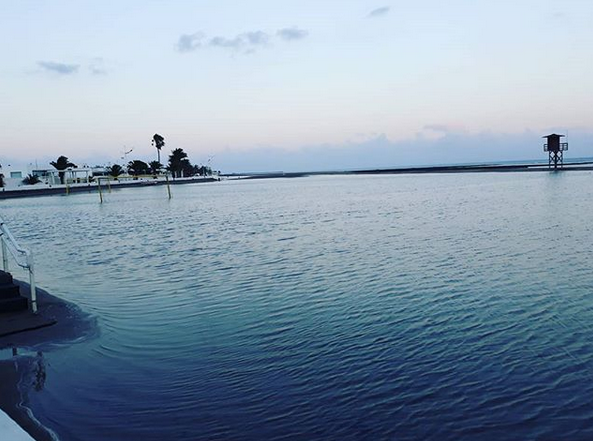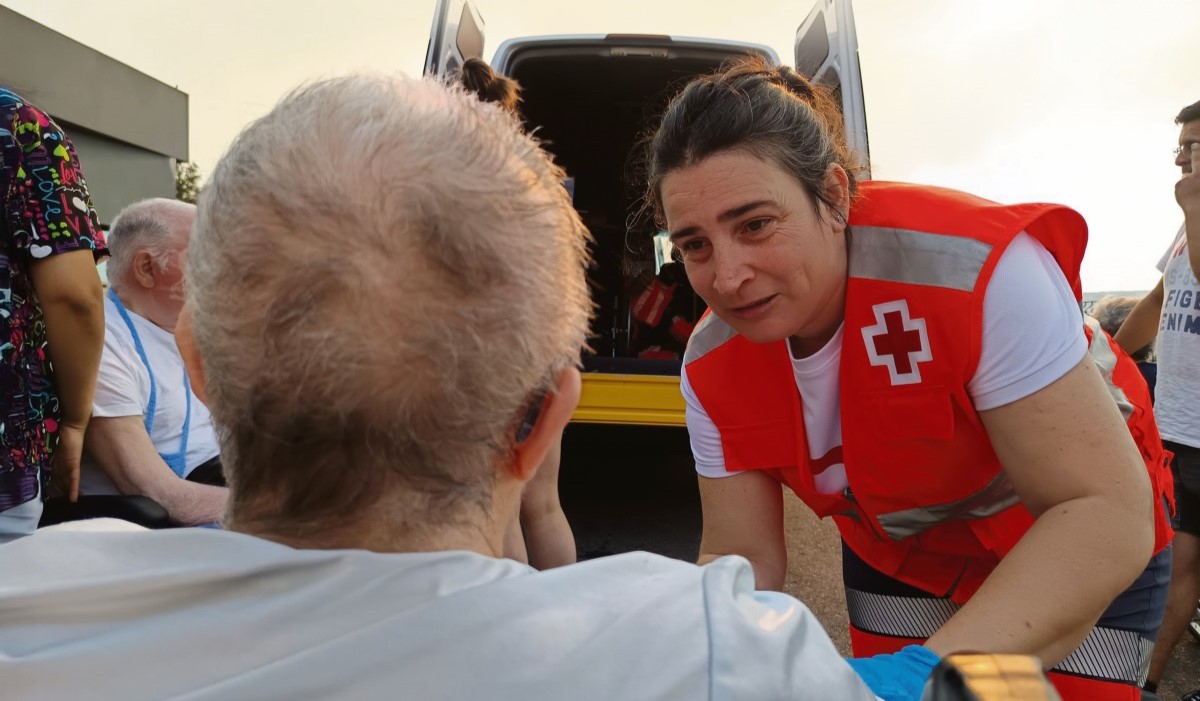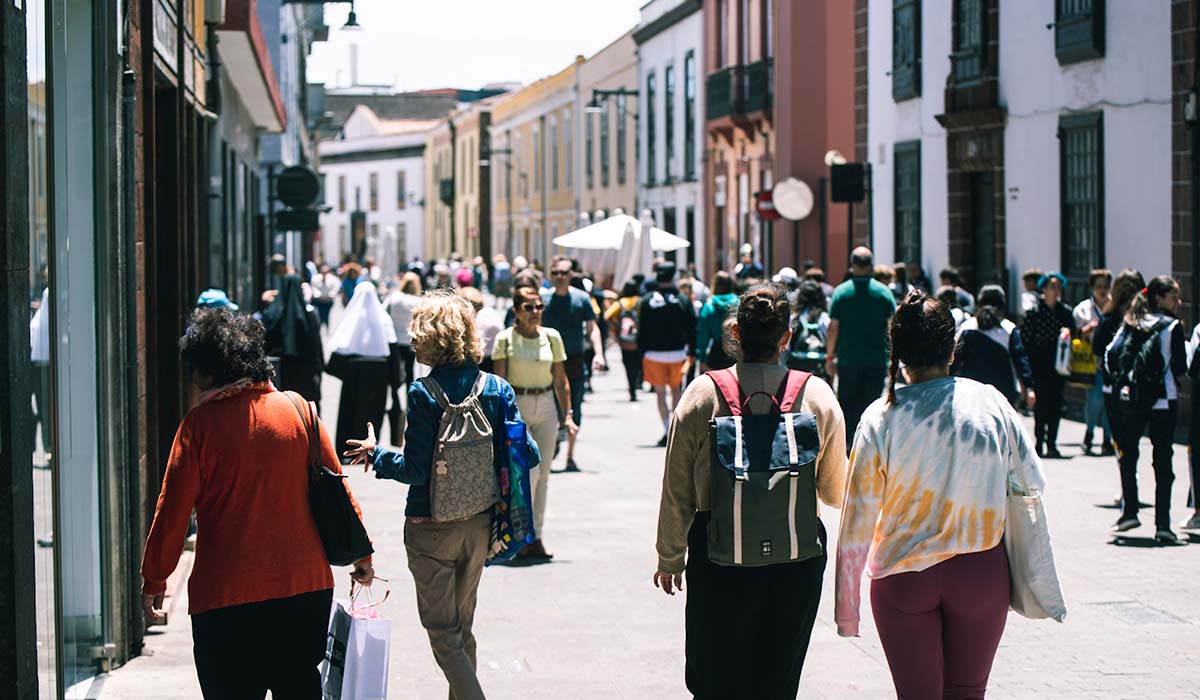The Cabildo of Gran Canaria faces a high-stakes dilemma: to maintain, condition, or break the pre-agreement which, in conjunction with Unipublic, the Canary Islands Government, and the Cabildo of Tenerife, proposes that La Vuelta a España 2026 be decided in Canary Islands. This would feature a global showcase culminating at the Teide with the final podium and turning the Pico de las Nieves into the queen stage of the race. The controversy over the participation of Israel–Premier Tech has sparked daily road protests linked to the genocide in Gaza and to the team owner—who is a personal friend of Netanyahu—raising political and operational alarms.
The potential involvement of Israel–Premier Tech creates a coherence conflict for the Cabildo: an institution that has adopted a critical stance towards the Israeli Government now faces the possibility of endorsing a key segment of a competition in which that team would participate based on sports criteria. The impact is not merely symbolic: it affects the image of Gran Canaria, the safety of both the peloton and the public, and the feasibility of the race design itself on the Islands.
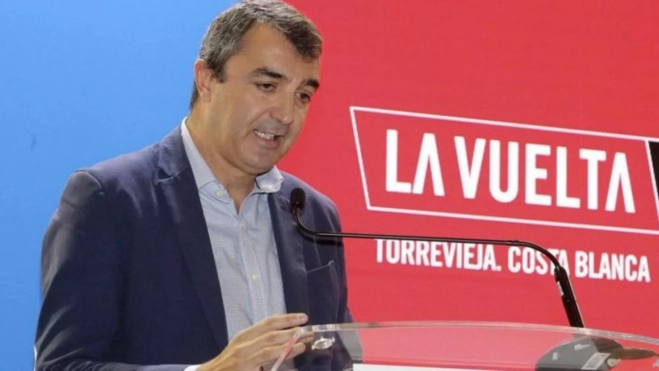
Unipublic asserts that it cannot veto the entry of Israel–Premier Tech if it meets the sports requirements—due to having been one of the two best UCI ProTeams of the previous year, the regulations grant it a mandatory invitation to participate in the Giro, Tour, and Vuelta in 2025—shifting the decision-making power towards the institutional and financial support of the Canary administrations. In other words: the real margin lies in Gran Canaria, which can sign as planned—and make an investment of over two million euros—reopen the negotiation with conditions, or withdraw from the agreement.
Options
Option 1: maintain the agreement with strict conditions. The Cabildo could support the arrival of La Vuelta 2026 to Gran Canaria and impose reinforced clauses: a comprehensive security plan tailored for the islands, protest management protocols, clear commitments to neutrality from those involved, and a code of conduct linking sponsorships, logistics, and official events. This path preserves the sports and tourism impact—with Teide and Pico de las Nieves as global icons—while not compromising the institutional stance of the Cabildo.
Option 2: defer and reopen negotiations. The island corporation could freeze the final signature and establish a technical committee with Unipublic and other institutions to review routes, calendars, and contingencies, incorporating safeguards that activate exceptional measures if security incidents occur like those this week in Bilbao—where the city hosted the start and finish of a stage, but the finish was neutralised due to safety risks for spectators and cyclists. This would send a message of prudence, keeping options open and buying time to assess the 2026 landscape.
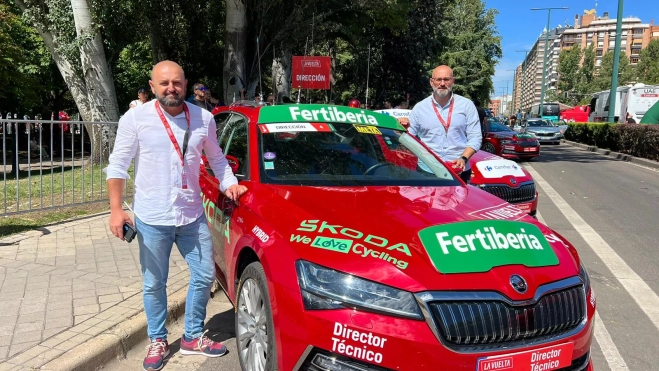
Option 3: withdraw from the agreement. The most drastic measure is to withdraw from the accord and redirect resources to other international events or local sports infrastructure. This alternative provides the greatest coherence with the Cabildo’s position regarding Israel, but it involves forsaking the global exposure that La Vuelta a España would offer and the narrative of a historic final week in Canary Islands.
Political Coherence
Safety, reputation, and legacy: the triple criterion. Regardless of the decision, the Cabildo must ensure the safety of cyclists and spectators, protect the reputation of Gran Canaria as a host for major events, define the legacy—ranging from road and facility improvements to the international promotion of the island as a high-altitude destination—and, above all, maintain coherence in its political discourse.
Maintaining the agreement with conditions would allow the event to proceed; deferring the decision for a few days would provide room for manoeuvre without closing off options; and breaking the agreement would be a forceful gesture aligned with its position on Gaza, but at a cost to the island’s visibility. Gran Canaria and the governing group of the Cabildo, comprised of Nueva Canarias, Primero Canarias, and PSOE, face this dilemma.
The dilemma facing the Cabildo of Gran Canaria is not merely logistical. It is strategic and economic. It will determine how La Vuelta 2026 is concluded, what values Canaria projects to the world, and what balance is achieved among sport, politics, human rights, and security during one of the most decisive weeks in international cycling. The decision made will resonate far beyond sport.


